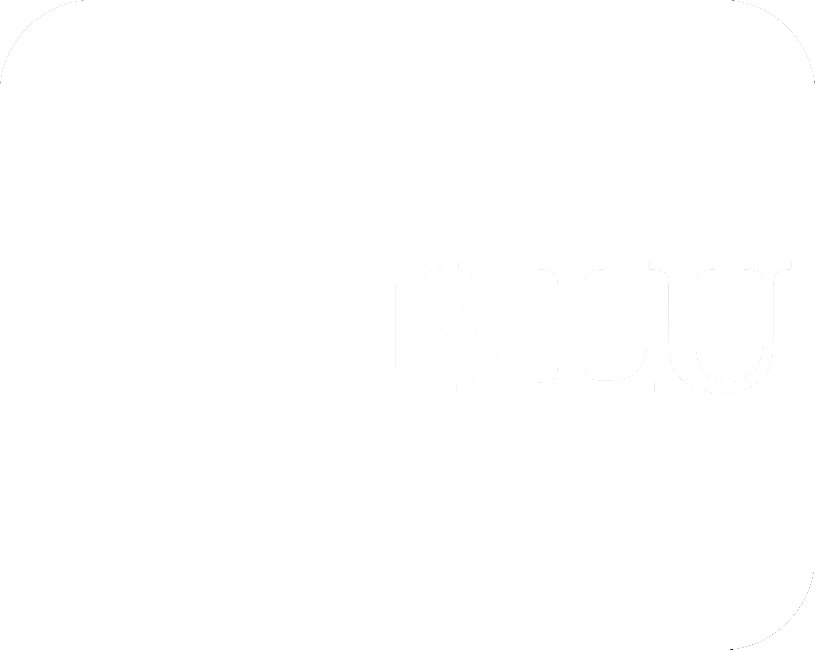POTENT Ports as Energy Transition Hubs
Marie Skłodowska-Curie Actions Doctoral Network
The Potent Doctoral Network is a research project funded by the European Commission through a MSCA grant. The project is coordinated by Copenhagen Business School, and will hire 15 doctoral candidates to work on questions of the future of port energy infrastructure. The project runs from September 2025 until December 2029.
Ports as Energy Transition Hubs
The ports of Europe are not just gateways for trade, but they are also key catalysts in the clean energy transition. By transforming into energy hubs, ports can accelerate the EU’s mission to become climate neutral by 2050. This initiative aligns with the United Nations’ Sustainable Development Goals and promises significant benefits like job creation, economic growth, and substantial energy savings. Rapid decarbonization and innovation across various sectors will be essential to meet the ambitious targets of the European Green Deal and REPowerEU plan.
The Potent project aims to understand how ports can support and accelerate Europe’s clean energy transition. Key research areas include: identifying gaps in renewable energy and green fuel infrastructure and developing technologies to address these, analyzing the socio-economic and regulatory aspects of integrating ports into electricity grids, and investigating governance and business model challenges to maximize value creation and stakeholder engagement in line with energy transition goals.
We’re Hiring!
We are looking for 15 bright PhDs to join the project. Below you can find some short descriptions of each position and get to know the academic project leader attached to them. We invite all qualified applicants to apply by following the links below.
DC 1 – CBS
Facilitators of the clean energy transition: Port governance and business model innovation.
Henrik Sornin-Friese; Michele Acciaro
– Port governance
– Institutional entrepreneurship
– Business model innovation
– Clean energy transition
DC 4- CTH
Smart ports (digitalization) and systems integration between ports and energy systems.
Sonia Yeh; Paul Pop
– Digitalization transformation risk
– SoS integration and complexity management
– Energy-efficient digitalization
DC 7- DTU
Green Maritime fuel transition taking into account risk and uncertainty.
Marie Münster; Josef Oehmen
– Infrastructure adaptability and scalability
– PtX technologies
– De-risking strategies
– Robust optimisation
– Stochastic modelling
DC 10- KLU
Low and zero emission fuels port geographies.
Gordon Wilmsmeier; Hanno Friedrich
– Global shipping networks
– Port system transformation
– Hydrogen value chains
DC 13- WMU
Assessing stakeholders urban-port relationships and sustainable management strategies through circular approaches and emerging business models.
Fabio Ballini; Alessandro Schönborn
– Circular economy
– Port-city integration
– Business models
– Emerging market strategies
– Life cycle assessment
DC 2 – CBS
Socio-economic aspects of energy port transition.
Tooraj Jamasb; Christine Brandstätt
– Infrastructure development,
– Public acceptance
– Economic regulation
– Innovation dynamics
DC 5- CTH
Integrated Analysis of E-Fuel Policy, Infrastructure, and Energy Resilience in Maritime Transitions.
Sonia Yeh; Selma Brynolf
– Maritime policy analysis
– E-fuel supply chain dynamics
– Electrification
– Energy resilience
DC 8- DTU
Optimizing Port Operations through Edge Computing and AI-Enhanced Digital Infrastructure.
Paul Pop; Sonia Yeh
– IoT integration edge computing
– Energy management
– Digital security
DC 11- NTNU
Digital technologies for getting insights into port-city interactions and municipality governance.
Niki Gaitani; Henrik Madsen
– Energy systems dynamics
– Port-city interactions
– Municipality governance
– Uncertainty quantification
DC 14- NHH
Business models and value chains for the energy transition in transport.
Julio Cesar Goez; Haiying Jia
– Port system electrification
– Hydrogen production
DC 3 – CBS
Energy Ports in System and Network Perspective.
Henrik Sornin-Friese; Tooraj Jamasb
– Energy technology systems
– Renewable energy supply chain
– Environmental impact assessment
DC 6- CTH
Electrified Ports and Grid Dynamics: Synthetic Grids, Impact Methodologies, and Real-World Case Analyses.
Sonia Yeh; Ana Tuan Le
– Synthetic grid dynamics and constraints
– E-fuel production
– Electrified ports
DC 9- KLU
Governance structures and strategies to foster the clean energy transition.
Gordon Wilmsmeier; Johannes Meuer
– Governance structures
– Low-carbon management and strategies,
– Electrification
– Hydrogen operations
– Infrastructure life cycles
– Policy impact assessment
DC 12- NTNU
Market design, and tariff structures for unlocking flexibility in harbors.
Anne Neumann; Henrik Madsen
– Grid flexibility functions and impact assessments
– Tariff design
– Sector coupling
DC 15- KEDGE
Port governance for energy ports under the sustainable energy transition.
Jason Monios; Pierre Cariou
– Business model adaptation
– Public-private partnerships
– Sustainable finance and revenue modelling
Get to know our Consortium
This project consists of both academic and industry partners who contribute their knowledge and expertise to our Doctoral Candidates.
The Universities that are hosting the Doctoral Candidates in this MSCA Network are Copenhagen Business School, Chalmers University of Technology, the Technical University of Denmark, Kühne Logistics University, the Norwegian University of Science and Technology, World Maritime University, the Norwegian School of Economics, and Kedge Business School.
In addition to the academic institutions listed above, our students will also spend time working in industry with institutions such as the World Bank, the United Nations, the Suez Canal Authority, the Port of Marseilles, the Port of Esbjerg, and many others.








